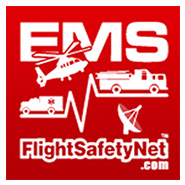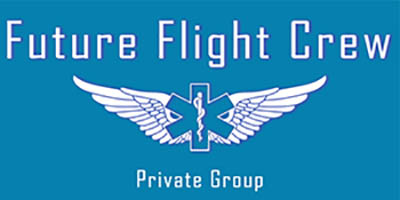WASHINGTON D.C. – The Senate health committee has landed on a policy to ban surprise medical bills through a cap on the pay physicians, hospitals and air ambulances can collect for out-of-network care.
As reported in Modern Healthcare, the panel’s chair, Sen. Lamar Alexander (R-Tenn.), formally introduced the policy Wednesday as part of a bipartisan legislative package aimed at lowering costs in hospitals and across the healthcare system.
He is planning a committee vote on the legislation next week. On Tuesday, the committee held a hearing on the 165-page discussion draft of reforms, and there have been some tweaks in the final bill.
The House Energy and Commerce Committee leaders have also proposed the benchmark rate. The legislation would cap the pay for out-of-network care at a regional insurer’s typical negotiated rate.
The health committee had presented three options on the surprise billing front in its discussion draft, including an arbitration arrangement.
Alexander expressed his own preference on Tuesday for a different policy option called the “in-network guarantee.” Physician groups bitterly opposed that option, which would force hospitals to bring their doctors into their insurance networks, or eat up the extra cost.
In a statement, Alexander noted that opting for the benchmark payment rate wasn’t his first choice.
“This is a change for me because I was inclined to support an in-network guarantee since I believe it is the simplest solution,” he said.
The payment benchmark doesn’t go far enough for some advocates. Elizabeth Mitchell, CEO of the Pacific Business Group on Health, told the Senate health committee in her testimony on Tuesday that a quarter of hospitals operate fine on Medicare rates.
She argued that when it comes to really limiting costs, Congress should set the benchmark at 125% of Medicare.
Mitchell said on Wednesday that while all the policy options presented by the committee vastly improved on the status quo, the benchmark payment rate locked in already-high premiums.
Loren Adler, associate director of the USC-Brookings Schaeffer Initiative for Health Policy, said he views the payment benchmark as the second-best option to the in-network guarantee. Yet he counted it as a win over the arbitration model favored by hospitals and doctors.
He calculated that the proposal could lower private insurance premiums by about half a percent across the country, based on the Congressional Budget Office’s projection of $25 billion in federal savings.
“They could have done more here, but you’ve got to take small wins, and you’re getting rid of surprise bills themselves,” he said.
On the other side, the American Hospital Association has criticized the benchmark rate as “unworkable,” according to a statement from the group’s executive vice president Tom Nickels and he urged the committee to reconsider.
“Arbitrary, government-dictated reimbursement would result in significant unintended consequences for patients and create a disincentive for insurers to maintain adequate provider networks, particularly in rural America,” Nickels said.
Alexander indicated that the CBO, which predicted that the benchmark policy would garner the most federal savings, was a deciding factor.
The Senate panel’s decision reinforces the House committee as hospitals and physician groups fight for rival proposals from Sen. Bill Cassidy (R-La.) and Rep. Raul Ruiz (D-Calif.), which would keep their reimbursements more fluid.
The House committee is also discussing how to curb out-of-network charges for air ambulances. Since the Airline Deregulation Act, states can’t regulate air ambulances. Only Congress can enforce any kind of pay cap.
The health committee has made some tweaks to the proposed contract reforms in the bill.
For example, integrated health systems get an exemption to the proposed ban on the “anti-tiering” and “anti-steering” clauses. Hospitals and insurers would have two business days to give patients their out-of-pocket cost quotes rather than just 48 hours.
And, on the provision that mandates hospitals and doctors to bill their patients promptly, providers would have up to 45 days—up from the 30 days required in the discussion draft—to send a bill. Patients wouldn’t need to pay any bill that arrives more than 45 days after their treatment.
Hospitals are standing their ground on opposition to some of these proposals.
“Similarly, certain restrictions on contracting could lead to even more narrow networks with fewer provider choices for patients, while adversely affecting access to care at rural and community hospitals serving vulnerable communities,” AHA’s Nickels said.
[divider style=”10″]
Interested in learning more about how to get started as a Flight Medic, Flight Nurse or EMS Pilot?
Join our Future Flight Crew Private Facebook Group. Answer 3 simple questions to join, takes less than a minute.
CLICK THE BANNER to Sign Up:
[arrows style=”arrow-red-11.png” align=”left”]



